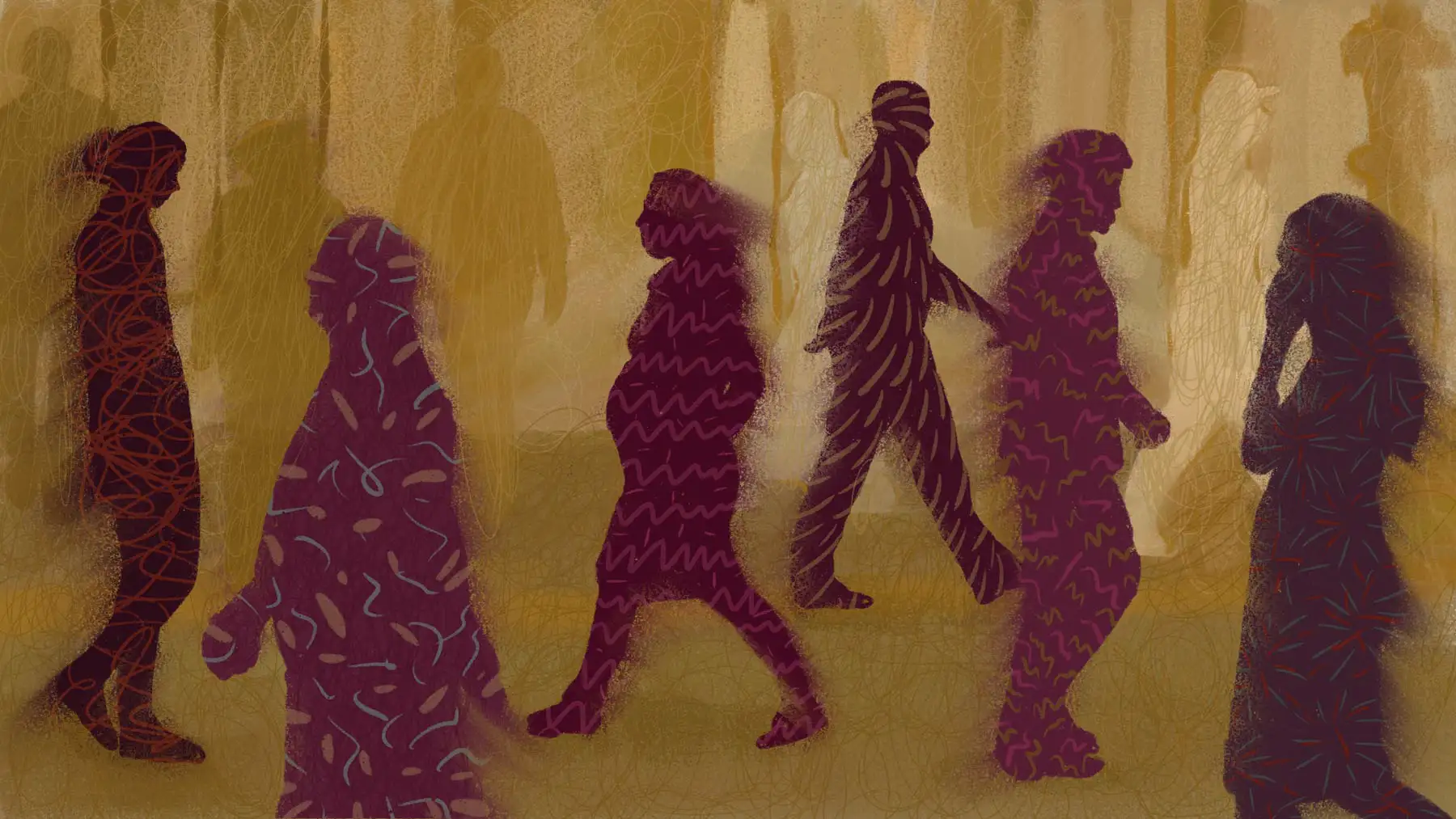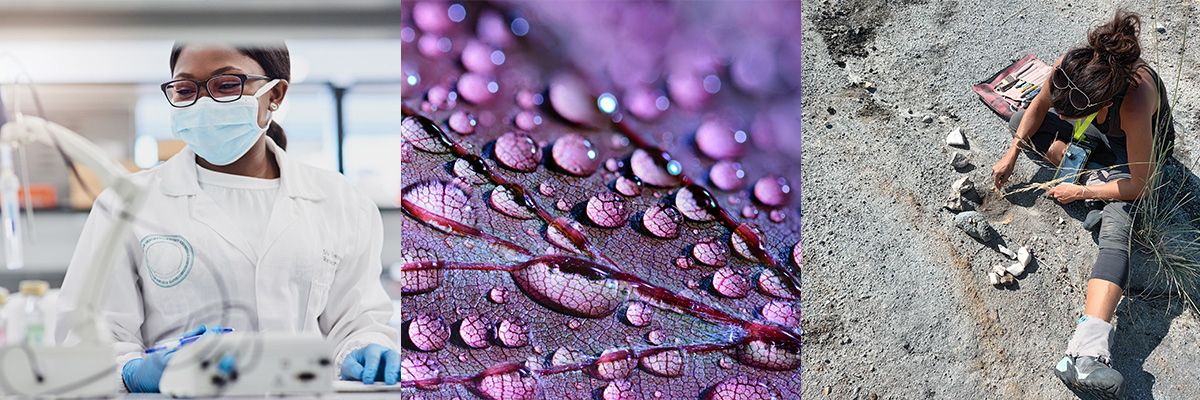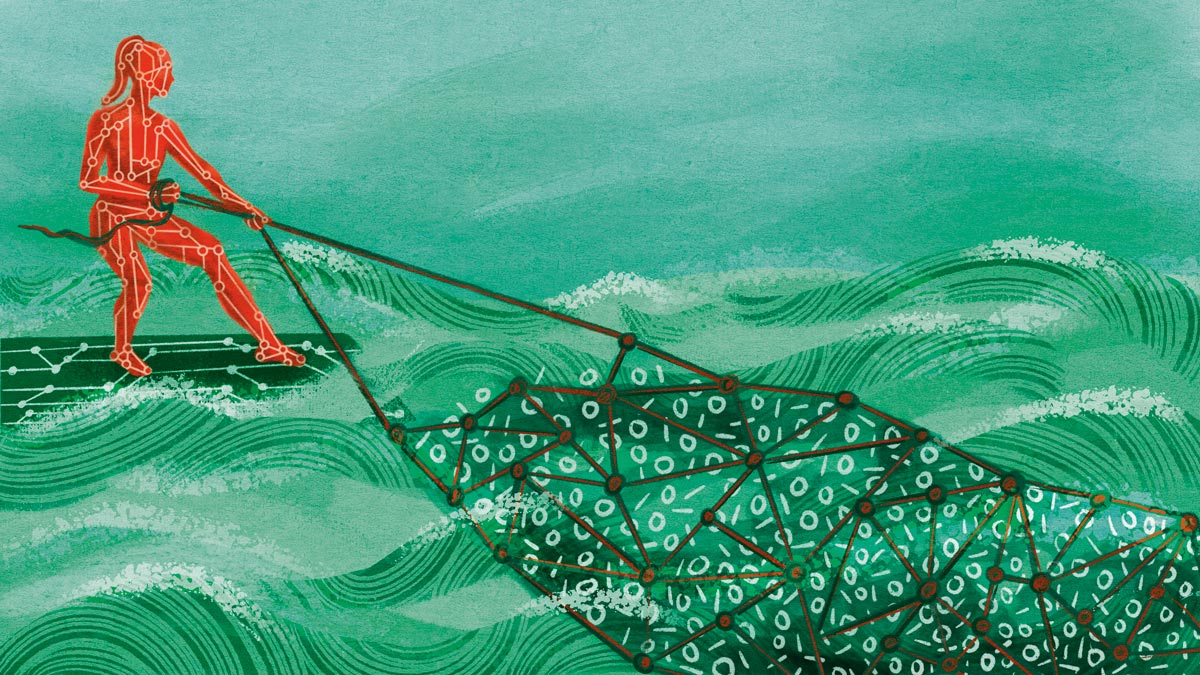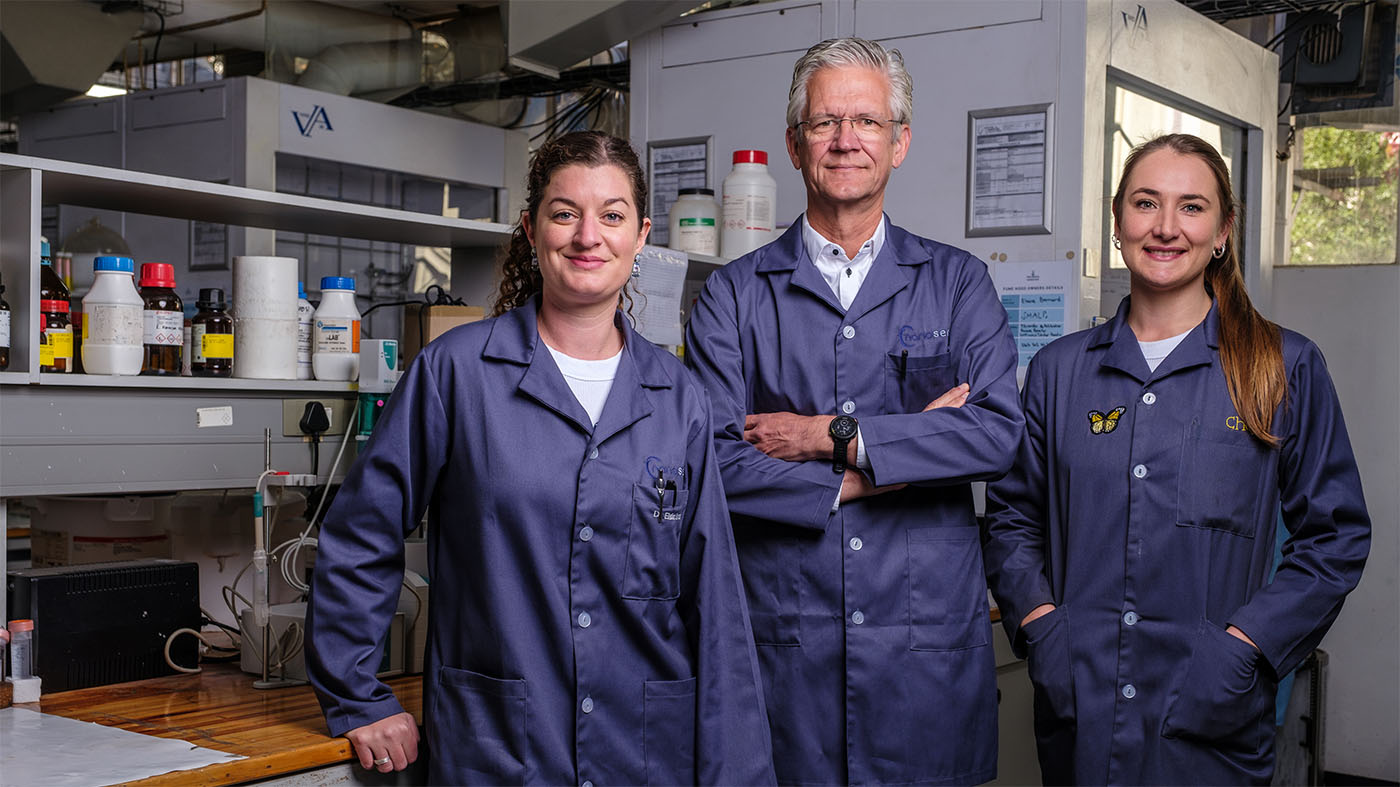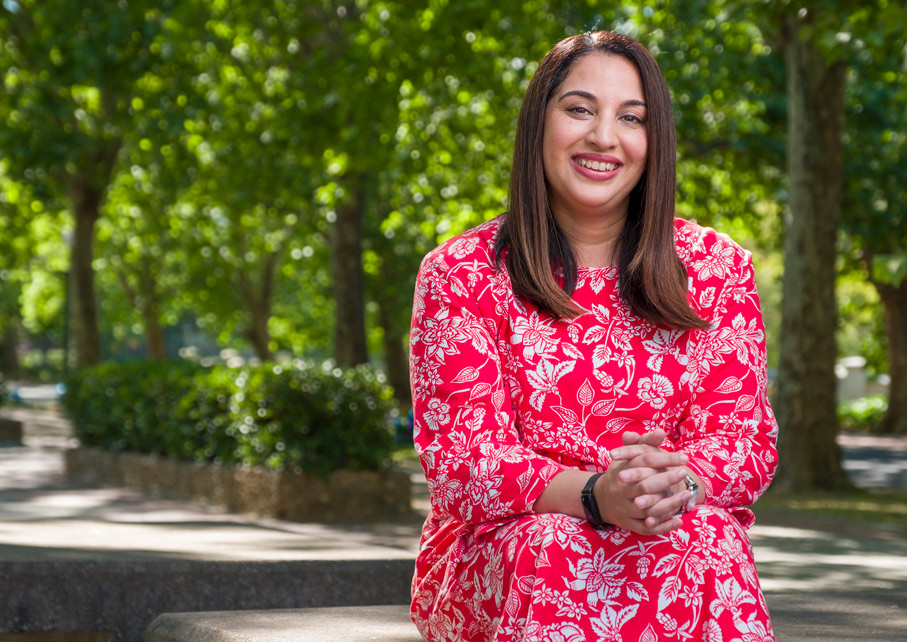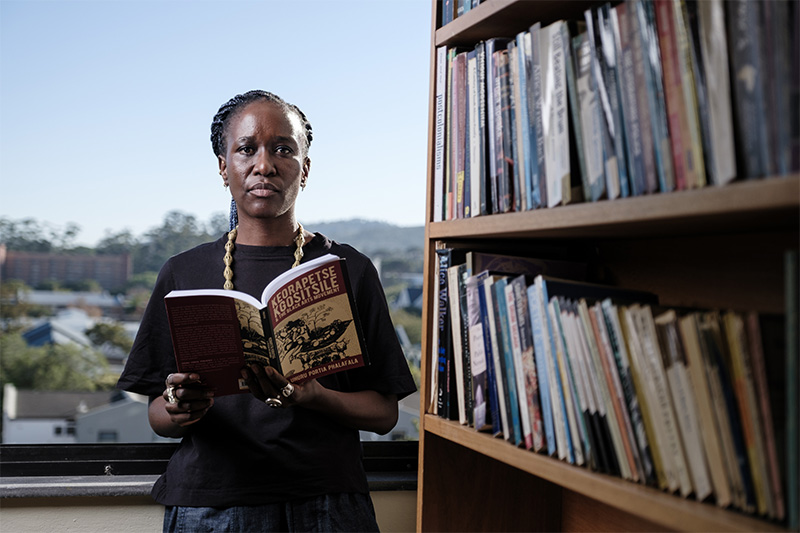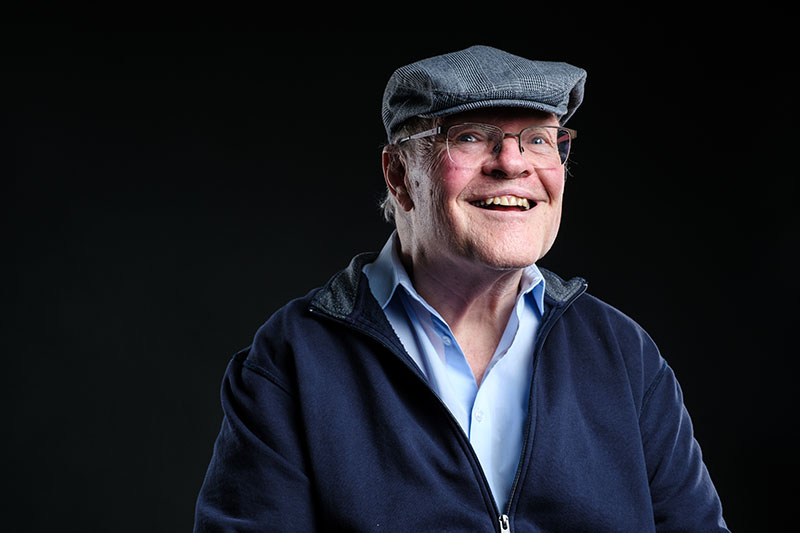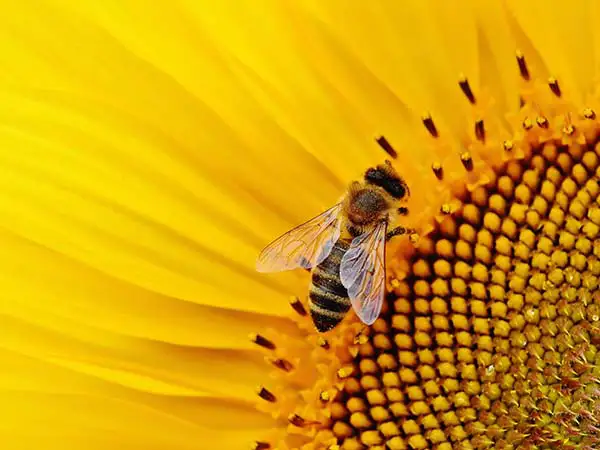The natural environment
Understanding and protecting our planet
Our research focuses on water, energy, food security, urban sustainability, biodiversity conservation, and mitigating environmental risks.
Health and human security
Promoting well-being for all
We prioritise research on communicable and non-communicable diseases, disability, biomedical engineering, sports medicine, and social determinants of health.
Systems and technologies for the future
Leading technological advancements
Our research focuses on developing new and improved systems and technologies across various sectors, including economics, business, information technology, and infrastructure.
Social justice and development
Building an equitable society
Our research addresses gender, racial, and cultural inequalities, while promoting human rights and dignity.
Human creativity and social innovation
Driving positive change through innovation
We foster creativity and develop innovative solutions to societal challenges like housing, education, and inequality.
